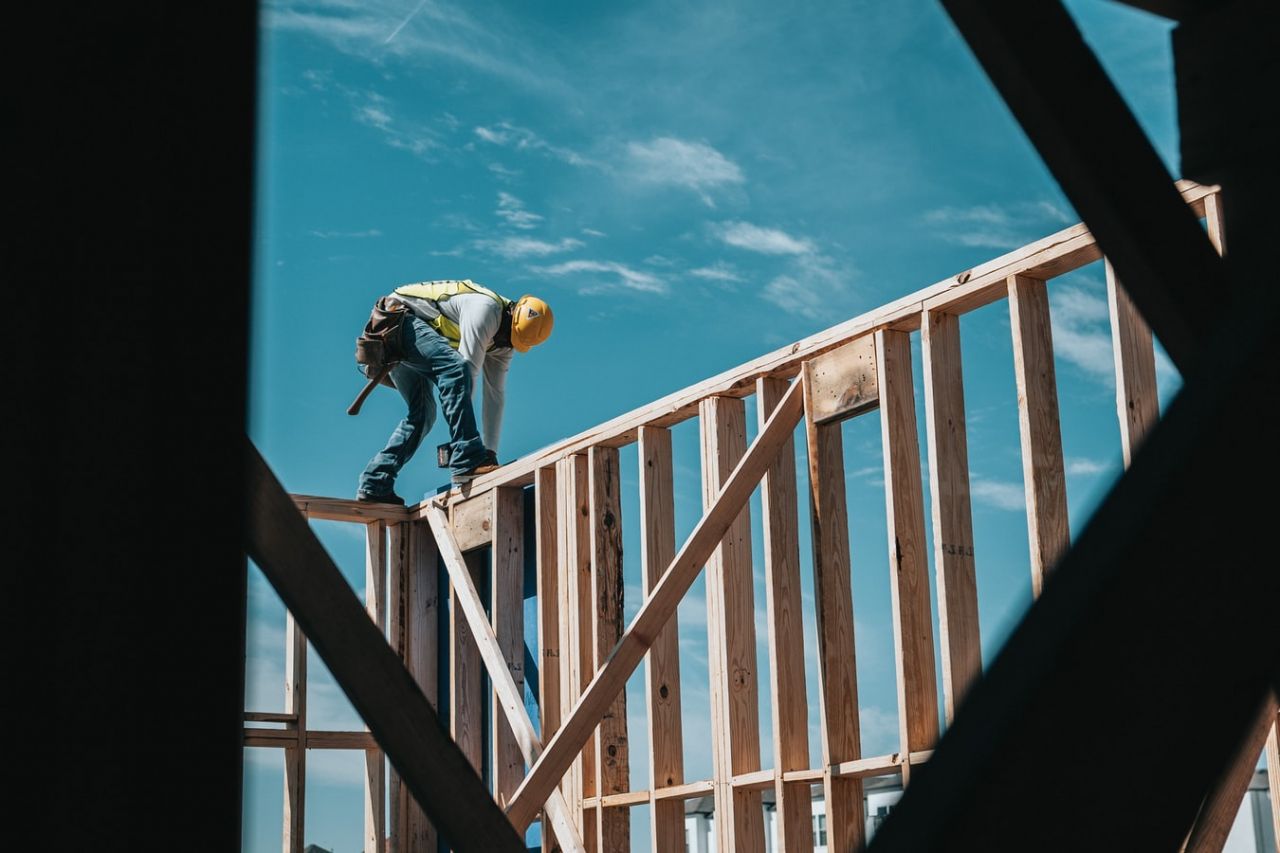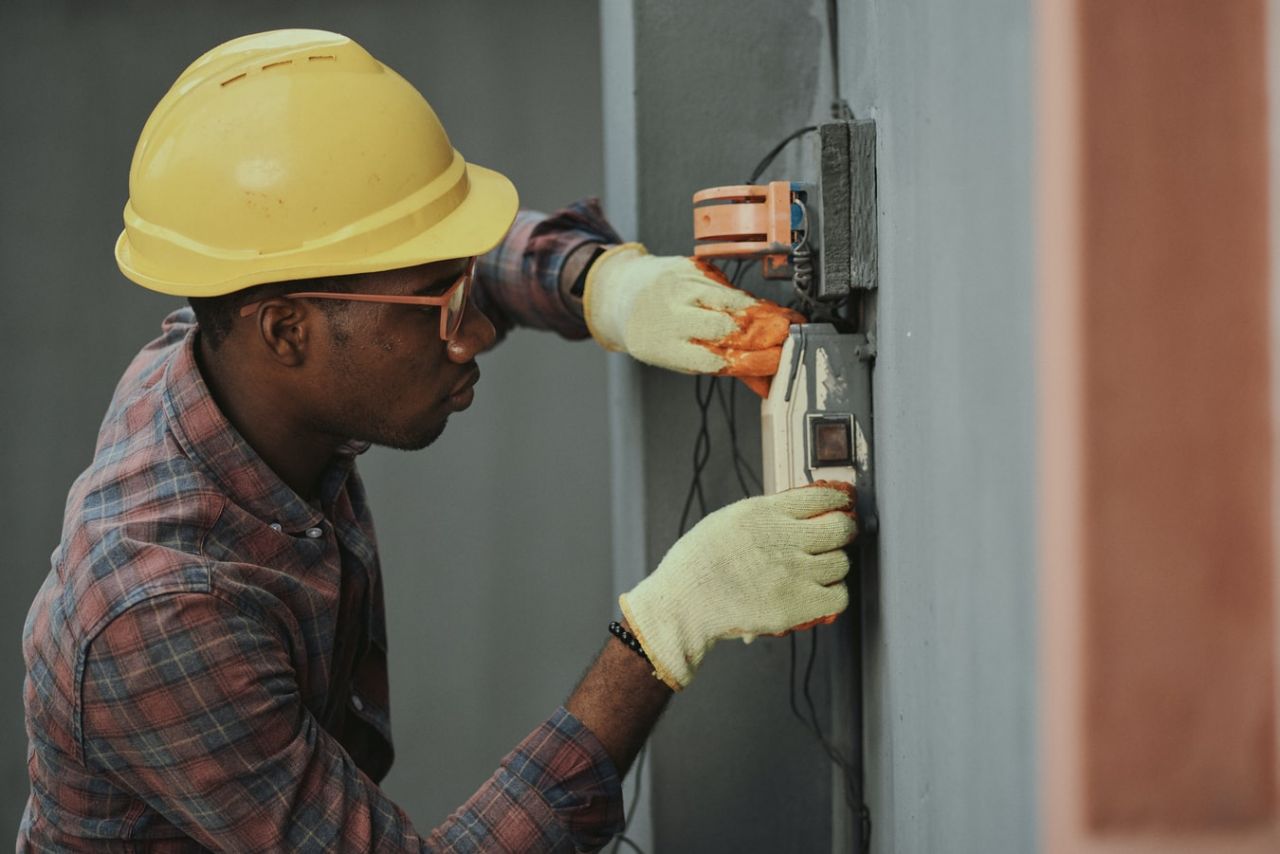These sort of problems are more common than you think. However, what looks like a headache can be much simpler if you are aware of your rights from the very start.
Before construction starts
Before hiring the building contractor, please make sure that you are well informed about the company: get several quotes, read about them and compare them to others before deciding.
Then, ask the company to list all the jobs to be performed and the price to be paid, as well as, all the materials and brands. This must be included in the price.
In addition, the quote should also include the period in which the work will be carried out and the form of payment – will it be a down payment? Split payments? 50 percent at the beginning and 50 percent at the end? This should all be written down.
Don’t forget: always ask for an invoice / receipt, as it will protect you in case of a later claim.
Most common problems
The most conflicting situation usually refers to the work carried out after the agreed deadline. But it is also common for the contractor to abandon the work, leaving the owner of the property in a tricky situation that involves finding a company interested in continuing the work.
Other than that, there are cases where the work is completed and defects are only detected later. Also common is that the property owner is charged more than what was agreed on, usually backed by the claim that extra work needed to carried out. Be aware that you must always be informed and allow any modification of the contract with expressed consent.
In addition, they cannot charge you for any transportation, work hours, materials or other expenses to repair any issue that they caused in the first place.
Be a detective!
After the building contractor has let you know that the work is complete, you should not accept the work without first checking it out and making sure that the terms of the contract have been fulfilled. You can entrust the inspection task to experts, when necessary, but you’ll have to pay these costs, and the company has the same possibility. Don’t forget to inform the other party of the expert’s opinion.
If you have ignored these precaution measures, after the work is done, you will have no choice but to accept the result as it is. The best is to inspect during the execution of the work (without compromising the workers tasks) instead of leaving everything to the end.
Conflicts & Litigation
From the moment you detect a defect in the construction, you have one year to notify the seller, which should be done in writing, by registered mail with reception acknowledgement, in order to provide proof of the complaint.
Once the issue is communicated, if the builder doesn’t fix it, and the conflict cannot be resolved out of court, the owner can file a claim in court. In this case, you have three years from noticing the defect in time to file the claim.
If the defects can be fixed, the owner of the property is entitled to their correction. When this is not possible, the owner can request to replace the broken parts. If the defects are not fixed and the work is resumed, the consumer may ask for a reduction in the price or even a permanent rescission of the contract. The right to a price reduction is not always automatic, especially when the building contractor refuses to do the work or does not initiate it within the agreed period.
Effects of a rescission
According to the law, you can only ask for the rescission of the contract if you can prove that the work’s defects make it useless for its purpose. In addition, a rescission of the contract is only possible if the building contractor does not meet the deadlines to eliminate the defects (unless he refuses to do it because it’s not possible or because the client only wants the price reduction).
With the rescission of the contract, the client no longer has to pay the price agreed upon in the contract, as well as receiving a refund for the installments paid. In addition to this, there is the right to damages, if you can prove the contractor’s responsibility for breaching the contract.
Warranties for supplied goods
When under contract there is a supply of goods, these goods are under the rules of the legal guarantee, that is, these goods also have a two-year warranty (for example, in a kitchen remodeling contract, the supplied appliances also have a two-year warranty).
All in all, never forget to keep your purchase receipts- you must keep invoices, receipts and warranties for at least 2 years.
For further information, please contact DECO directly
Paula Martins is a fully qualified journalist, who finds writing a means of self-expression. She studied Journalism and Communication at University of Coimbra and recently Law in the Algarve. Press card: 8252













This article has incorrect information. If goods such as kitchen electrical are supplied under contract they only have 6 months warranty as opposed to two years if purchased directly from a retailer. Everyone should be aware of this loop hole.
By fouad from Porto on 18 Aug 2021, 11:59
Has anyone successfully claimed the costs back from a builder / seller in court, after fixing defects and paying for them yourself, after communicating them by letter and their refusal to pay?
By Simone from Lisbon on 16 May 2023, 07:32
I have found some Portuguese workmen to be the worst I have ever come across. They start a job well then they just stop coming to work, or they turn up for two hours a day and then disappear for weeks on end. Very difficult to get someone to come and finish half a job. There needs to be more accountability from the workmen, maybe fine them when they don't turn up and when the job takes much longer than they said it would.Very very frustrating having to deal with them .
By Marie Musa from Algarve on 21 Feb 2024, 05:36